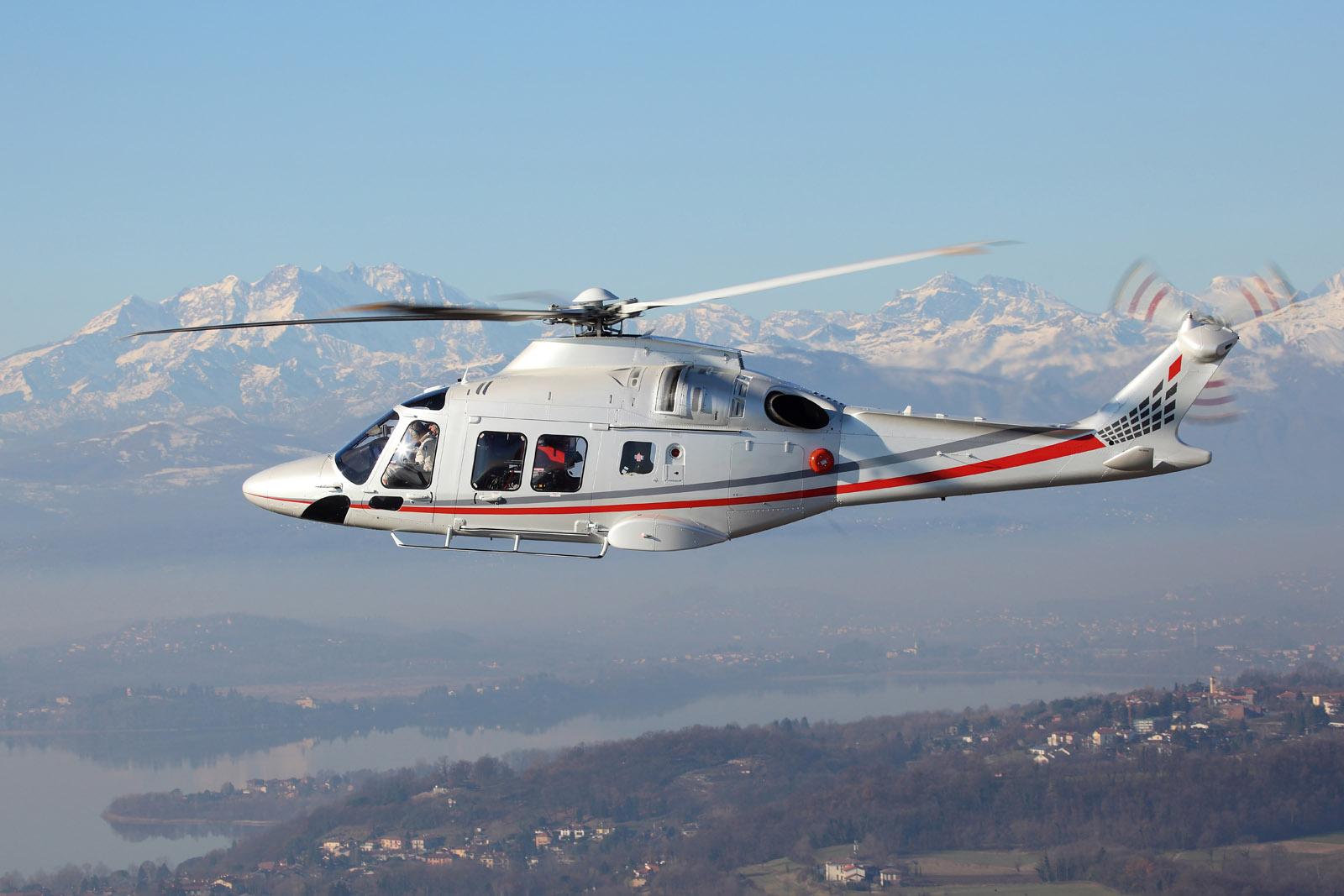
LONDON—The families of those killed on board a Leonardo AW169 helicopter that crashed shortly after takeoff from an English soccer stadium in 2018 say they are considering legal action against the rotorcraft manufacturer.
The families of all five on board, including that of Vichai Srivaddhanaprabha the billionaire owner of Leicester City Football Club, say there were deficits in Leonardo Helicopters’ development of the 4.5-metric-ton helicopter.
The families’ claims emerge after publication of the report on the crash by the UK Air Accident Investigation Branch (AAIB). Its almost five-year inquiry into the crash on Oct. 27, 2018, found the cause was likely the failure of a bearing within the tail-rotor system. The bearing reportedly seized shortly after takeoff, disconnecting yaw control from the pilot’s inputs and sending the aircraft into an uncontrollable spin. The aircraft struck the ground moments later and burst into flames.
But the AAIB found no fault with the manufacturer as the European Union Aviation Safety Agency’s (EASA) certification criteria did not require testing of the bearings.
Instead, the report calls on regulators to change certification standards for the use of bearings in safety-critical applications on the rotorcraft.
The families, however, disagree and claim Leonardo had not fully considered what they called “possible risk reduction and mitigation measures for the duplex bearing.”
They note the report says Leonardo had not shared flight test results with the company that made the duplex bearing and suggest that had the OEM shared the results, the bearing may not have been chosen. The families also say the company had not required routine inspection of the critical parts in the tail rotor and had the company done so, it would have found the bearings were more damaged than expected, potentially leading to a change in design.
Peter Neenan, a partner in the aviation practice at Stewarts, the law firm acting for the families, says the crash was an “accident waiting to happen.”
Neenan says the report shows Leonardo did not model the forces affecting the helicopter accurately, failed to provide information to the bearing manufacturer and did not implement a routine inspection requirement for the bearings.
“This was all done in circumstances where Leonardo had recognized the duplex bearing was a critical component, and the failure of this component could be catastrophic for the helicopter and likely to result in the death of those on board,” Neenan added.
In a statement sent to Aerospace DAILY, Leonardo says the AAIB report contained no recommended actions for the OEM and concluded the manufacturer had complied with all the regulatory requirements in the rotorcraft’s development. The OEM also says it had “adopted additional, precautionary inspection and part replacement measures which were neither requested nor required by the relevant authorities.”
More than 150 AW169s continue to operate safely in more than 30 countries, with the global fleet logging some 150,000 flight hours, the statement adds, noting the fleet has not been subject to grounding or airworthiness restrictions since the accident.
